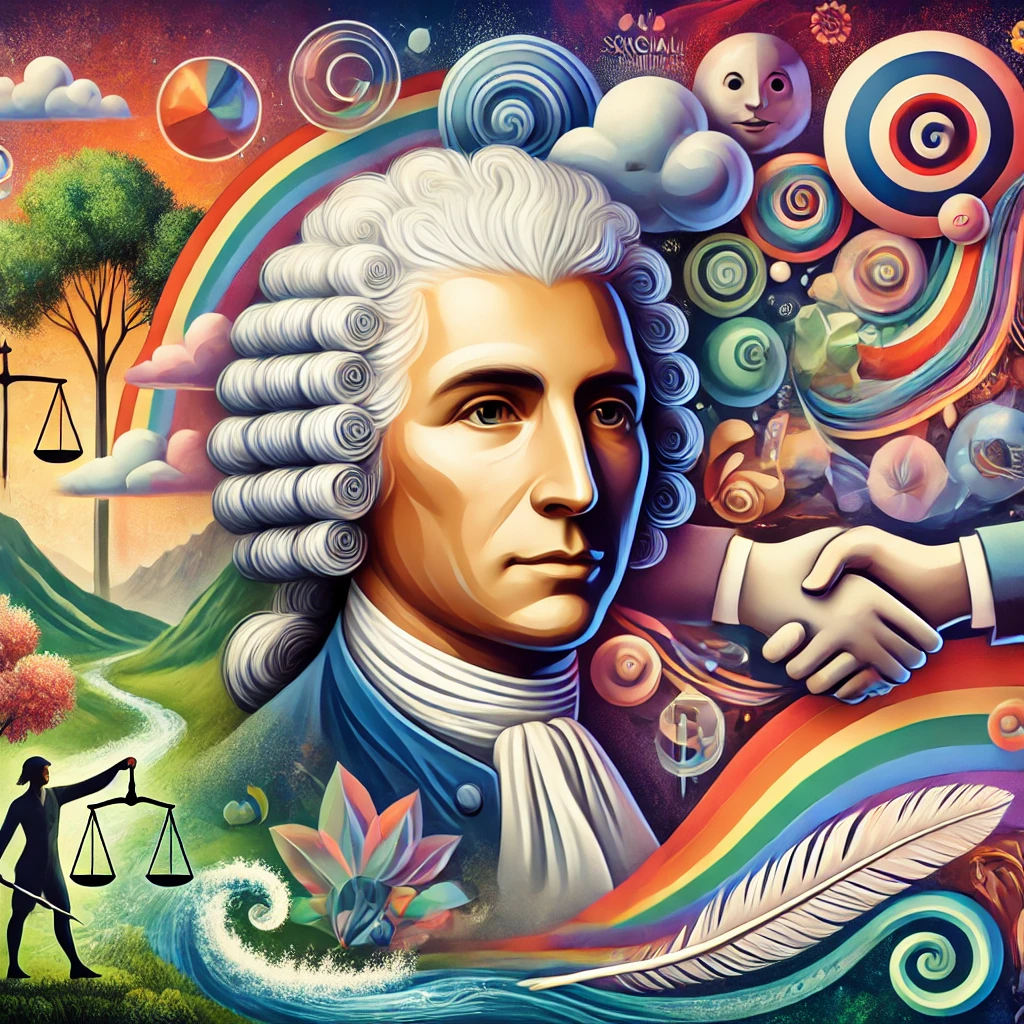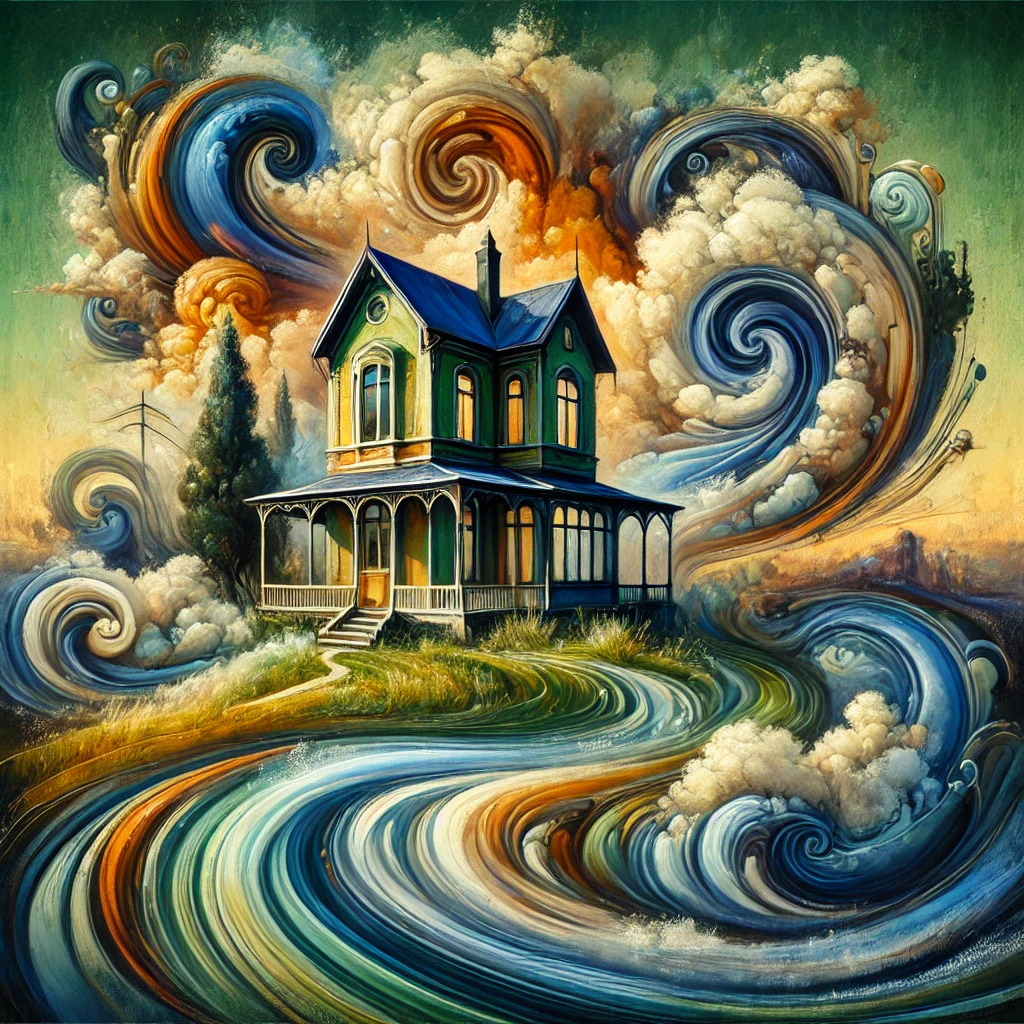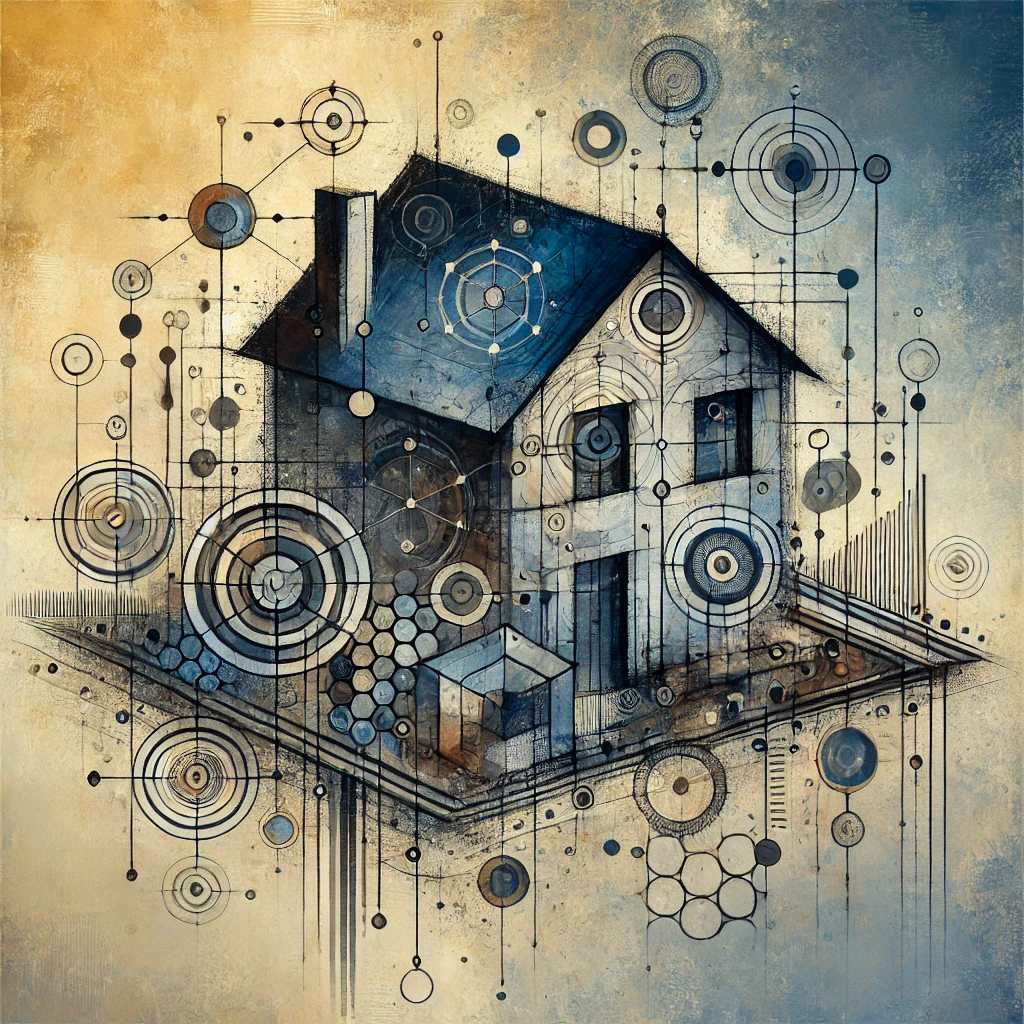Jean-Jacques Rousseau

Birth Date: 1712-06-28
Death Date: 1778-07-02
Place of Birth: Geneva, Switzerland
Place of Death: Ermenonville, France
Century: 18th
Region: Europe
"Man is born free, and everywhere he is in chains."
Born in Geneva, Rousseau was a philosopher, writer, and composer. He became one of the most prominent thinkers of the Enlightenment, although his ideas often conflicted with the rationalism of other Enlightenment figures. Rousseau believed that society corrupted natural human goodness and argued that individuals should live in harmony with nature.
Rousseau believed that true freedom comes from agreeing to rules that benefit everyone, not just a few. He thought that society should be based on what’s best for the whole community, and that people should work together for the common good.
The Social Contract: Rousseau’s influential work on political philosophy, where he argues that legitimate political authority comes from a social contract agreed upon by all citizens. Emile, or On Education: Rousseau’s treatise on education, advocating for a naturalistic approach to raising children, emphasizing the importance of freedom and experience.
Rousseau was influenced by classical thinkers like Plato and Stoic philosophers, as well as by earlier Enlightenment thinkers, particularly John Locke. His ideas about freedom, natural law, and the role of the state were shaped by these influences, though he developed his own unique perspectives.
Rousseau’s ideas on the social contract and political philosophy influenced later revolutionary movements, including the French Revolution. His works also inspired later political philosophers, such as Karl Marx and Immanuel Kant, and his thoughts on education have had a lasting impact on modern pedagogy.
Rousseau was highly controversial in his time due to his critiques of organized religion and established governments. His radical ideas about individual freedom and his criticisms of private property challenged the status quo and led to his works being banned in several places.
Critics of Rousseau included figures like Voltaire, who disagreed with his romanticized view of human nature and his critique of civilization. Many Enlightenment thinkers found Rousseau’s rejection of reason in favor of emotion and instinct problematic.
Rousseau’s influence on political philosophy, education, and romanticism continues to be felt today. His ideas about freedom, democracy, and individual rights have shaped modern political thought, while his works on education remain relevant in contemporary discussions about child development.
Despite his ideas about family and child-rearing in 'Emile,' Rousseau placed all five of his children in orphanages, a fact that has sparked significant criticism of his personal life. His work 'The Social Contract' was banned in Geneva and Paris for its radical political ideas, and he often faced exile due to his writings.





